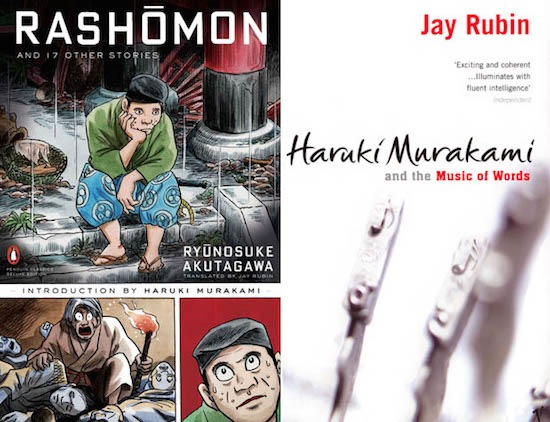In recent years, the popularity of Japanese literature has risen in Brazil, and a much larger share of Japanese titles is now being made available in direct translation into Portuguese. Rita Kohl, who has worked on fiction by authors such as Yoko Ogawa and Hiro Arikawa, is one of the most prolific literary translators working with this pair of languages.
In this interview with Editor-at-Large for Japan, David Boyd, Kohl speaks about several of her recent translations—from Haruki Murakami’s Hear the Wind Sing and Pinball, 1973 (Ouça a canção do vento & Pinball 1973) to Sayaka Murata’s Convenience Store Woman (Querida konbini) and Earthlings (Terráqueos). She also touches on the current state of Japanese literature in Brazil.
David Boyd (DB): Who’s reading Japanese literature in Brazil? What kind of translations are they reading?
Rita Kohl (RK): I’ll try to give you my general impression of the reception of Japanese literature in Brazil, although I wouldn’t say that I’m particularly knowledgeable about the publishing world here. I used to read reviews of translations much more closely, but I haven’t been able to stay on top of it lately, as—thankfully—there’s been so much more of it.
One important thing to keep in mind is that the direct translation of Japanese fiction by mainstream publishers is a relatively recent development. Up to the 1990s, we had some pivot translations from English, such as a few novels by Mishima translated into Portuguese in the 1980s, but direct translations typically came from the academic world or the Japanese-Brazilian community, and didn’t really reach a popular readership.
This started to change toward the end of the 1990s. Leiko Gotoda’s translation of Miyamoto Musashi, published in 1999 by Estação Liberdade, had a significant impact; I say this because it became something of a bestseller (but as this work was the subject of my master’s research, I might be biased). Since then, translations of Japanese literature have been steadily increasing, and are mostly translated directly from Japanese, although it’s still not uncommon to see some indirect translations (thrillers by Natsuo Kirino and Kanae Minato come to mind).
The shift we’ve seen from indirect to direct translation isn’t limited to Japanese literature. It reflects a change in public perception of translation on the whole, which can also be seen, for example, in the translation of Russian literature. At the same time, since editors typically can’t read the original work, we continue to depend on the canon of Japanese literature translated into other languages, and I feel as though we’ve been trying to catch up, translating authors who were translated into other languages quite some time ago: Jun’ichirō Tanizaki, Yasunari Kawabata, Yukio Mishima, Sōseki Natsume, and so on. In contemporary literature, the overwhelming majority of translated works are by Haruki Murakami, but we also have some books by Banana Yoshimoto, Hiromi Kawakami, Yoko Ogawa, Ryu Murakami, and Sayaka Murata. I think that a lot of these new additions are the result of an effort to translate and publish more female authors. Personally, I’m very happy with this development, and I tend to prioritize women authors when recommending novels or thinking about what I’d like to translate next. READ MORE…





